Kind-Hearted Players: “Philanthropists of Cricket – The Most Kind-Hearted Players” highlights cricketers who have used their fame to support charitable causes. From building hospitals to raising funds for underprivileged children, these players have made significant contributions off the field, showing that true greatness extends beyond cricket into humanitarian efforts.
Cricket is a sport celebrated not just for its fierce competition but also for the camaraderie and sportsmanship that many players bring to the field. Some cricketers are remembered as much for their kind hearts and charitable deeds as for their performances on the pitch.
Shane Warne, Australia’s legendary leg-spinner, was not only known for his extraordinary cricketing skills but also for his generosity and involvement in charity work, especially for cancer research. Similarly, Jacques Kallis of South Africa, one of the greatest all-rounders in the game, has been deeply involved in various charitable initiatives, particularly those supporting underprivileged children.
Kind-Hearted Players: MS Dhoni, the former Indian captain, is widely admired for his humility and selfless acts, often visiting hospitals and working with organizations supporting the welfare of children and the armed forces. Sachin Tendulkar, regarded as one of cricket’s greatest, has also dedicated much of his life to philanthropy, focusing on education, healthcare, and sports development.
Another example is Imran Khan, Pakistan’s former captain, who transitioned from cricket to philanthropic work, founding the Shaukat Khanum Memorial Cancer Hospital and Research Centre. These players exemplify how kindness can transcend the boundaries of sport, proving that true greatness is defined not just by records but by the impact one leaves on the world.
Sir Ian Botham
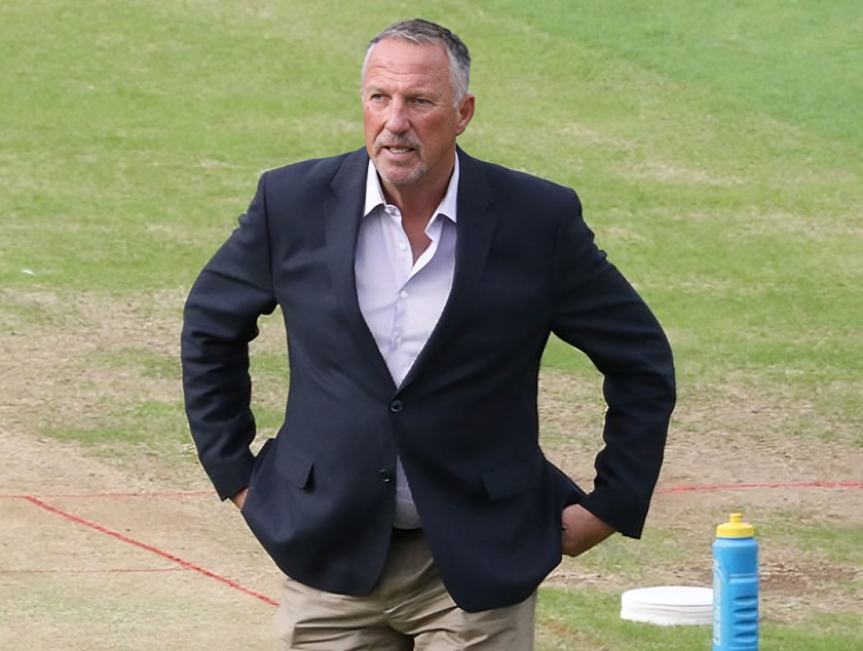
Kind-Hearted Players: The England all-rounder has gone above and beyond in supporting charitable causes, completing 12 long-distance charity walks. His dedication to charity grew after an emotional hospital visit, where he encountered children with terminal illnesses. Since then, he has raised over £12 million, with Leukemia Research being a key beneficiary. In 2003, he became the first-ever President of Leukemia Research, UK’s leading blood cancer charity. His continued philanthropic work, alongside his cricketing success, earned him a knighthood from Queen Elizabeth II in 2007.
Imran Khan
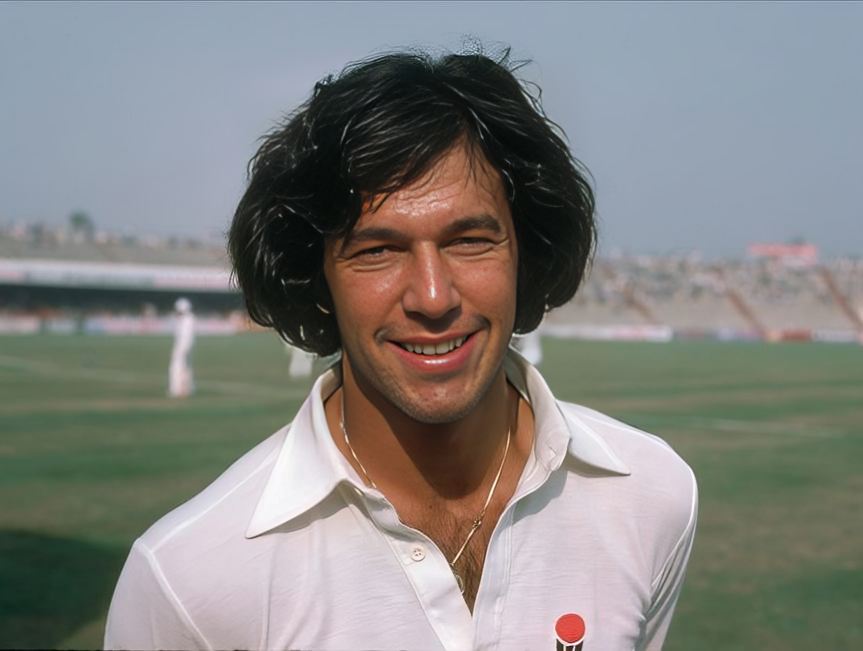
Kind-Hearted Players: Few cricketers have contributed as much to society’s less privileged as Imran Khan. In 1994, he founded the Shaukat Khanum Memorial Trust in memory of his mother, providing free medical care to thousands. By raising over $25 million globally, he established Pakistan’s first cancer hospital, which has since spent over Rs. 12 billion supporting impoverished cancer patients.
Steve Waugh
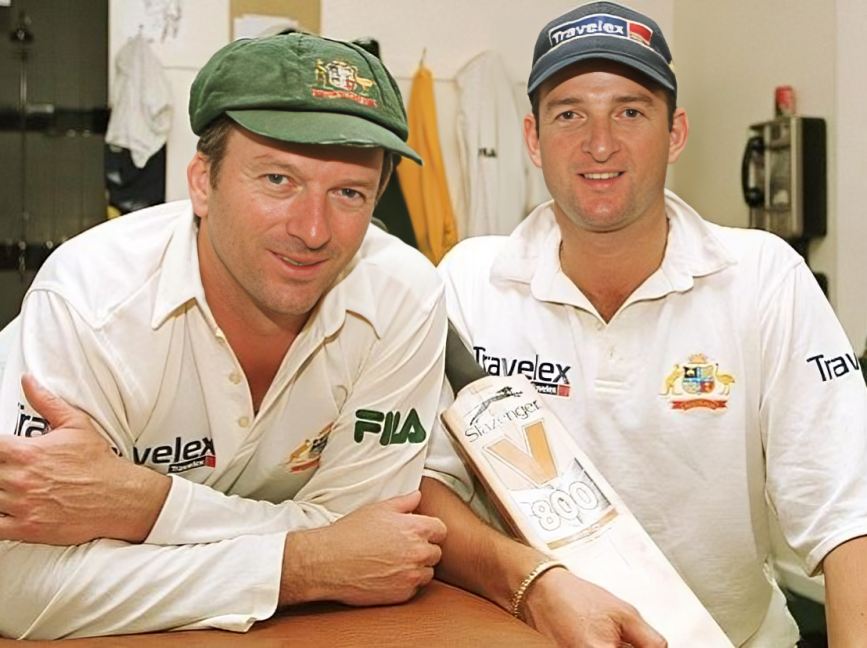
Kind-Hearted Players: Steve Waugh’s remarkable efforts to raise funds for the rehabilitation of leprosy patients’ children in Udayan, Kolkata, highlight his deep commitment to helping those far from his homeland. Known as “Father Teresa” to the 300 children, Waugh established the India chapter of the Steve Waugh Foundation in 2009, dedicated to improving the lives of children with rare diseases. His connection with India, having visited over 60 times since 1986, has made the country feel like his “second home.”
Shahid Afridi
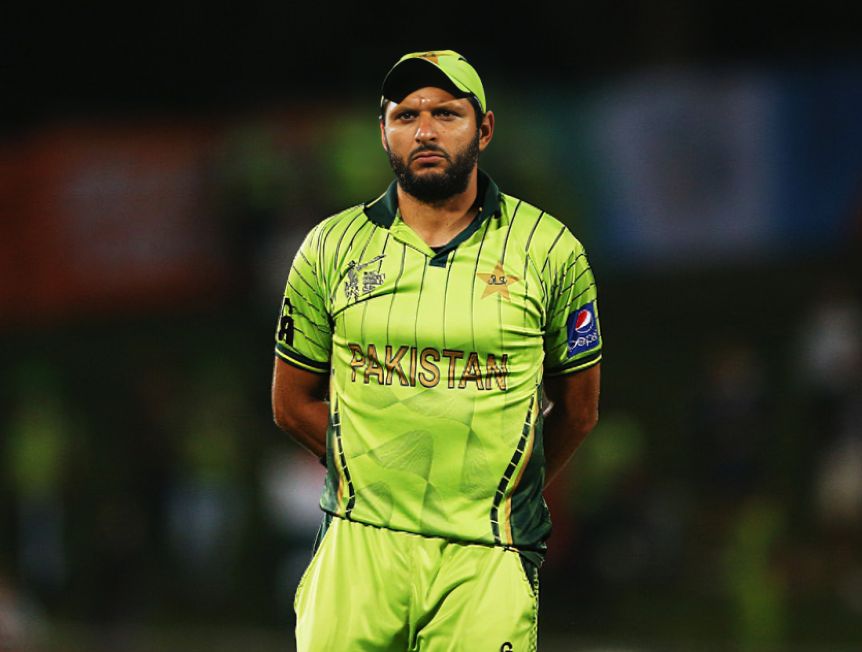
Inspired by Imran Khan, Shahid Afridi founded the Shahid Afridi Foundation in March 2014, aiming to provide basic healthcare and education to Pakistan’s underprivileged. The foundation operates a maternity hospital in Tangi Banda, Kohat, offering free treatment, medicines, and care. Currently in its first phase with 16 beds, the hospital has plans for significant expansion to reach more people in need.
Yuvraj Singh
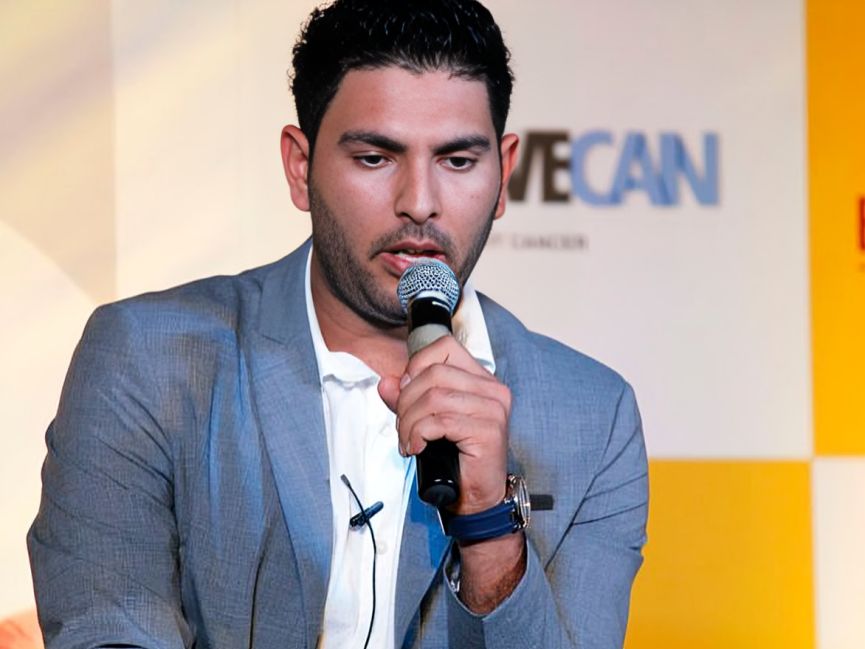
After his own battle with cancer, Yuvraj Singh launched the “YouWeCan” initiative under the Yuvraj Singh Foundation to focus on early cancer detection. The initiative aims to raise awareness, eradicate the stigma surrounding cancer, and provide mobile cancer examination stations, encouraging regular check-ups to make early detection a habit.

